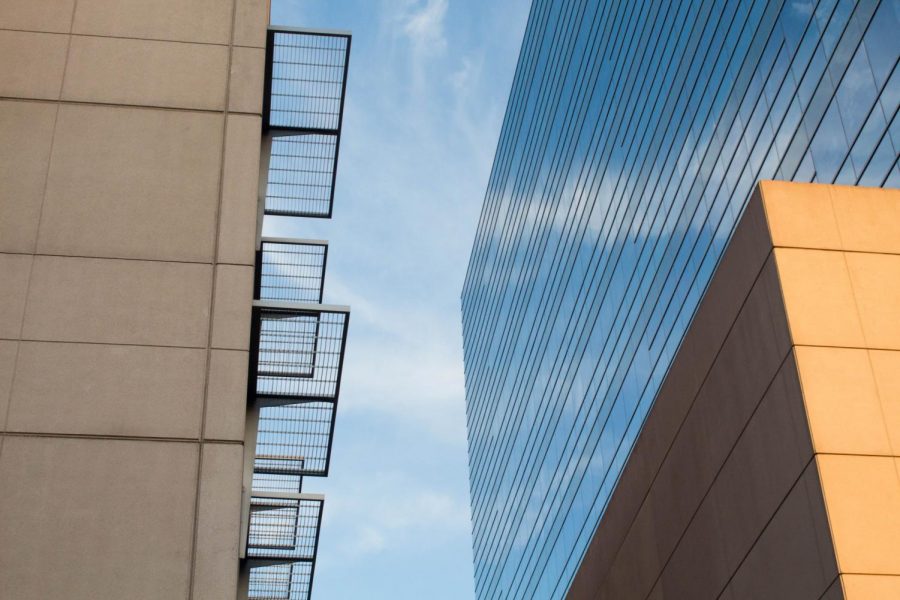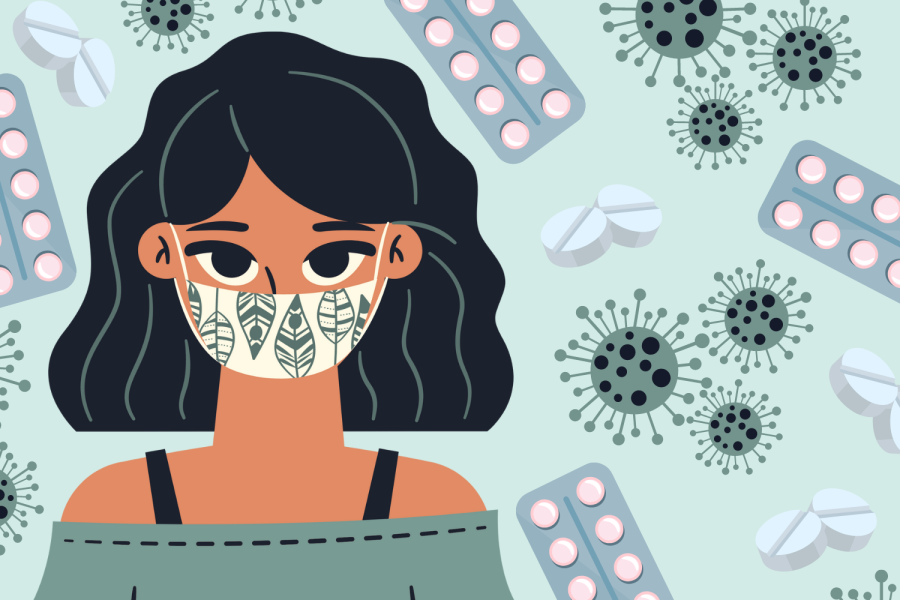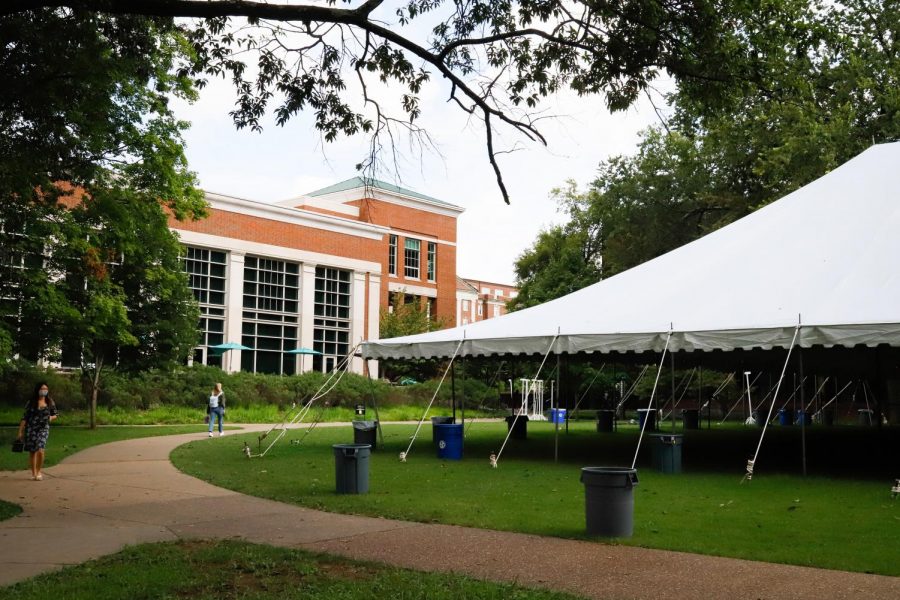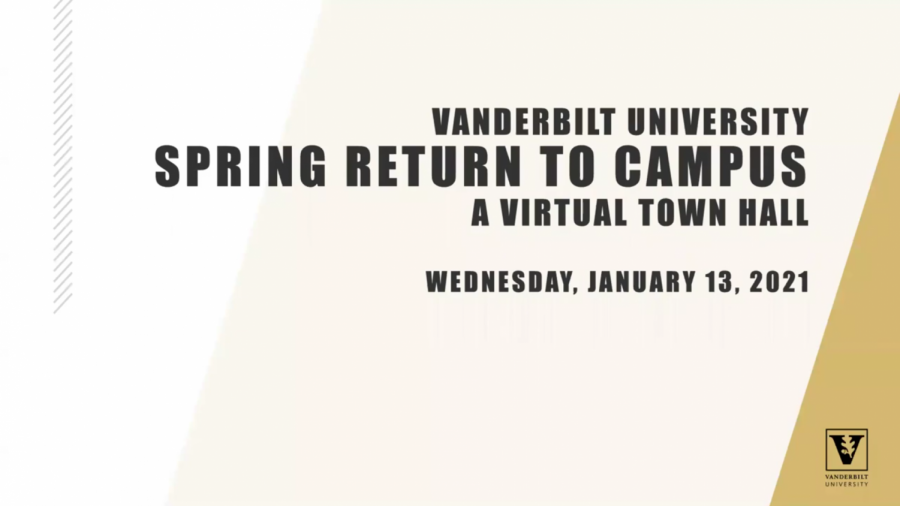Editor’s Note: Klara Lou is a former staff writer for The Vanderbilt Hustler.
Universal access to COVID-19 diagnostics and treatments is crucial to containing the disease and reducing the severity of new outbreaks. The COVID-19 pandemic has continued to rage throughout the United States with skyrocketing case numbers. Serious public concerns have arisen specifically about the cost and availability of an eventual vaccine that researchers around the world, including those at Vanderbilt, are collaborating to create.
This year has also been historical with the global Black Lives Matter protests, sparked by George Floyd’s murder at the hands of police brutality. Considered one of the largest movements in American history, the #BLM movement, in conjunction with the coronavirus within our borders and beyond, has exposed how health disparities are linked to racism rooted in social, political and economic policies. The Black and Latinx communities are being infected and dying from COVID-19 at disproportionate rates in comparison to their white counterparts. These communities of color are also more likely to be of lower socioeconomic status and uninsured. As race is intertwined with issues of housing, environmental racism, clean water access, insurance coverage and access to health care, it has become increasingly apparent that having a free vaccine for COVID-19 accessible to all is not only a health issue but also a racial justice issue.
Several countries, including Canada, South Korea, Australia, France, the United States and those of the U.K., have already invested significant public funds into COVID-19 research in response to the pandemic. A substantial amount of this research is done by private universities that receive public funding. These universities then license their research to private companies, often giving those companies monopolies and the ability to charge high prices. Currently, in the United States, research institutions and private companies can negotiate licensing agreements for health innovations without any required price transparency or federal regulation. The university can then give one pharmaceutical company exclusive licensing to use its patented research in exchange for large sums of money. The company then tests, develops and sells the new vaccine or therapeutic at any price point since it has a monopoly on the medication.
In order to fight for equitable access and end the pandemic, universities like Vanderbilt need to share their coronavirus-related intellectual property, making it freely available for use. Without patents or license restrictions, no single company will have a monopoly over COVID-19 vaccines or therapeutics. The fact that many pharmaceutical and biotechnology companies, such as leading name Gilead Sciences, have already acknowledged in the past that sublicensing to generic producers is the “socially responsible and financially viable decision” shows that there is no moral justification for exclusive licensing of university research, especially for something as urgent as the coronavirus vaccine. What comes into question are the goals of university research: are we desperately looking for a vaccine to make money or to help people? Exclusive licensing allows for negotiations to be handled under the table, without the obligation of justifying final prices on the market to the public or federal government. Especially with COVID-19 as a public health crisis, the priority concern should not be about a university’s profit margins.
By sharing Vanderbilt’s research, generic vaccine manufacturers can then produce new treatments at lower price points, increasing the supply and affordability of these treatments to the population. Additionally, introducing generics can drive medical innovation and result in more competitive prices for the people as more producers enter the market.
Oftentimes, the people who need these treatments the most are also the ones who are least able to afford them. For example, Revlimid, one of the most expensive cancer drugs on the market today, is priced over $125,000 per year of treatment because of patent exclusivity. Its patent lifespan prevents generic versions of the drug from entering the market for the next 40 years, which effectively preserves its high price point in the face of constant market demand for the foreseeable future. Already, Gilead Sciences announced on June 29 that their COVID-19 drug Remdesivir will cost $3,120 per treatment for the typical patient. To prevent university research vaccine candidates from ending up like Revlimid or Remdesivir, we must push for Vanderbilt to share their research without strict licensing restrictions.
As members of the Vanderbilt community, we are equipped to advance change through the policies of our university. In collaboration with its chapters, including one at Vanderbilt, the international student-led organization Universities Allied for Essential Medicines (UAEM) has created a global mapping platform to identify public funding for COVID-19 research in an effort to encourage transparency and accountability in the licensing of publicly-funded innovations. Among the many institutions that have received taxpayer dollars for COVID-19 research via the federal government, Vanderbilt has allocated $174,942 toward vaccine development and $15,188,299 toward therapeutics development. In April, Dolly Parton also donated $1 million toward COVID-19 research at Vanderbilt. However, no matter how much money is put towards research, a cure is only as good as its accessibility to the people. If COVID-19 vaccines and treatments are priced out of reach, they will only serve as tools to further systemic inequality.
Through our taxes, we pay to fund the development of medicines and vaccines. So why are we expected to pay high prices once they reach the market?
On July 7, the U.S. government gave biotech company Novavax $1.6 billion to cover testing, commercialization and manufacturing of a potential coronavirus vaccine. The government has also invested $456 million in Johnson & Johnson’s vaccine candidate, $486 million in Moderna’s and up to $1.2 billion in AstraZeneca’s, one of Vanderbilt’s notable biopharmaceutical partners. None of these vaccine candidates have a clear guarantee of affordability.
Although we cannot control government fund allocations on a national scale, we as students can implement an effective strategy locally by directly challenging our university institutions, where a bulk of coronavirus research occurs. In close partnership with AstraZeneca, one of the largest biopharmaceutical companies globally, Vanderbilt has significant sway in the final pricing of COVID-19 diagnostics, therapeutics and vaccines—especially those that result directly from Vanderbilt’s research.
As Vanderbilt currently looks to reform its institution under the pressures of the #BLM movement, one of the first places to look is who their medical research really benefits. How can Vanderbilt claim to be an institution of diversity and inclusion if its research goals do not include supporting a free vaccine? A free coronavirus vaccine would provide equal accessibility to white, Black and other minority communities. COVID-19 is exacerbating racial inequalities in the U.S., and a vaccine accessible to all would fight for both health and racial equity.
As a student, I believe that our universities have the opportunity and great responsibility to increase universal access to crucial medicines such as the COVID-19 vaccine, especially since the research is done in our own labs. To do this, universities have the power to influence pricing with their research choices, and we can reform the American research and development (R&D) pipeline from within our institutions. I believe in the great potential of this effort, so I co-founded the UAEM Vanderbilt chapter in spring 2019. I had also actively worked with UAEM Europe while studying abroad in fall 2019, realizing that the patenting and licensing decisions made in the United States greatly impact those decisions of other countries who watch us as a global leader in healthcare. In March 2020, before the pandemic broke out, UAEM Vanderbilt traveled to Capitol Hill in Washington D.C. to discuss U.S. pharmaceutical policy reform and strategies with our senators and members of Congress, including Senator Marsha Blackburn (R-TN) and Congressman Jim Cooper (D-TN).
Although these efforts on larger stages are important, we might also be able to work more effectively locally, within our own campus as students. Alongside UAEM Vanderbilt, UAEM has partnered with The Center with Artistic Activism to launch a global #FreetheVaccine campaign, calling for affordable access to future COVID-19 treatments and vaccines. The U.S. campaign’s current focus is targeting institutions to sign the Open COVID Pledge to ensure that the products of university COVID-19 research are manufactured and priced affordably to fully meet the public demand. Specifically, the campaign has recently targeted Vanderbilt with the “Jolene” Vaccine Lip-Sync Challenge, in honor of Dolly Parton’s generous donation to Vanderbilt’s COVID-19 research. Through public statements by our student organizations and signing the #FreetheVaccine petition, we must voice our support for a free vaccine and pressure Vanderbilt to sign the Pledge.
Vanderbilt plays a significant role in COVID-19 research. As students at a powerful research institution, we must urge Vanderbilt to sign the Open COVID Pledge, promising that it will share its COVID-19 research findings and developments without strings attached. By signing this pledge, Vanderbilt may also put pressure on our other fellow research universities to make what is obviously a morally right decision. We, the students, must speak up through our actions for the #FreetheVaccine movement. We, the students, must urge Vanderbilt to choose people over profits and make its intellectual property available for free in order to treat as many people and end the pandemic as quickly as possible.








